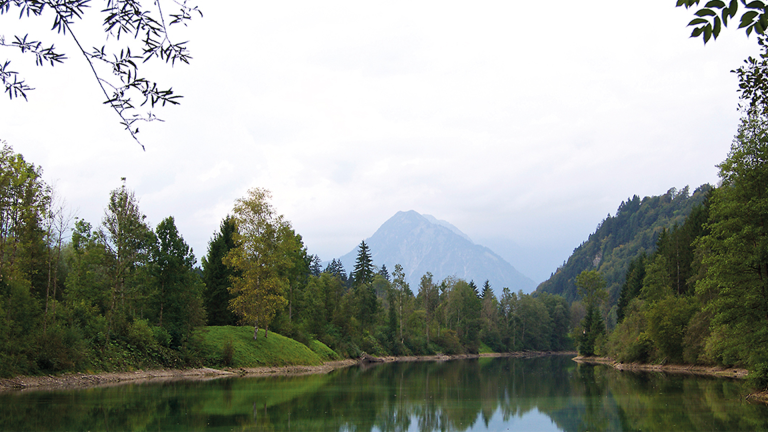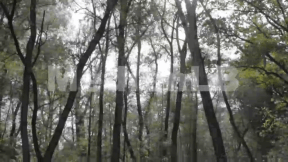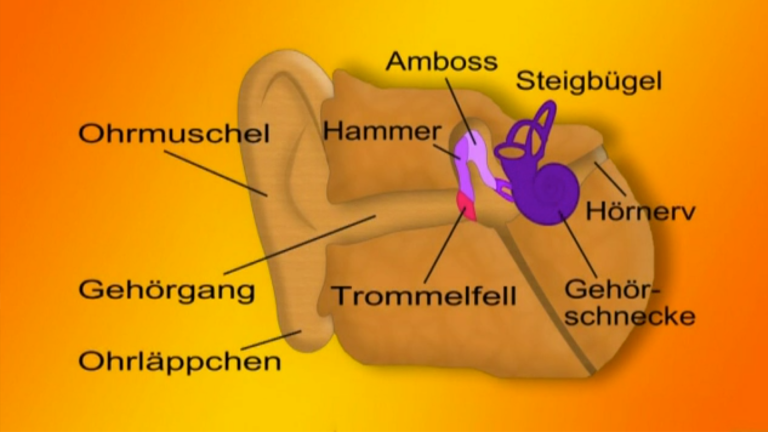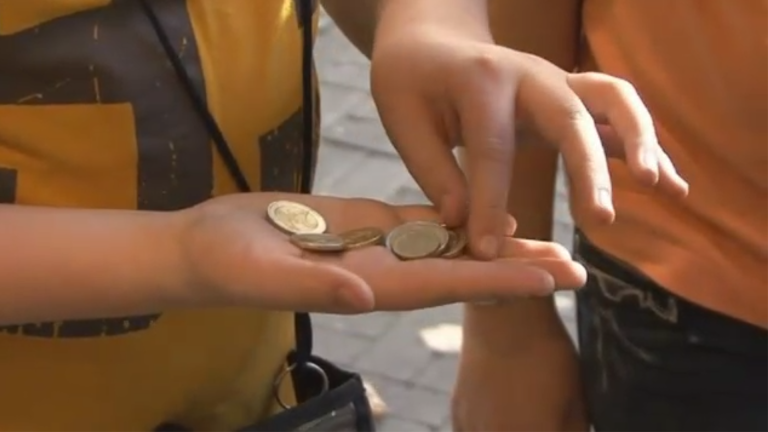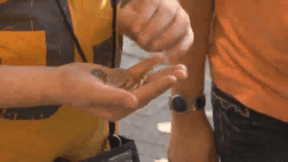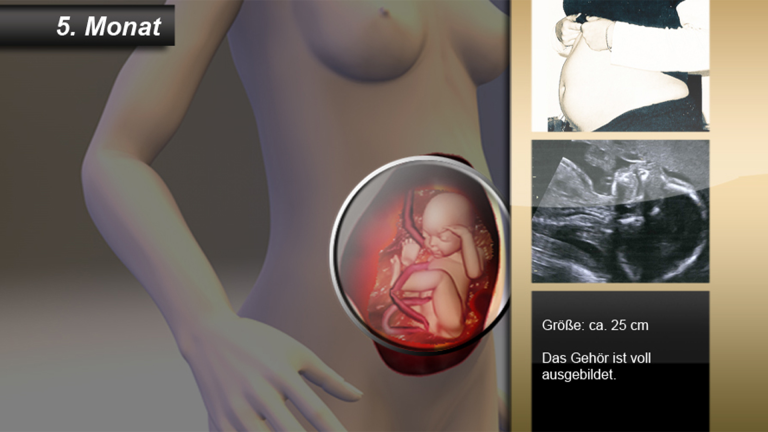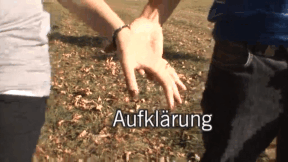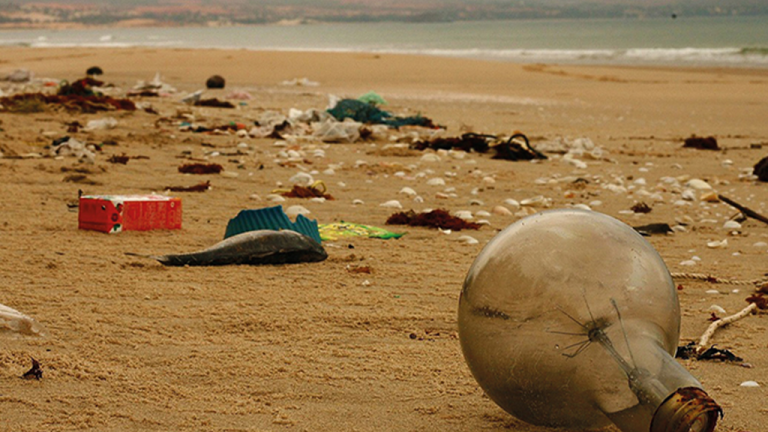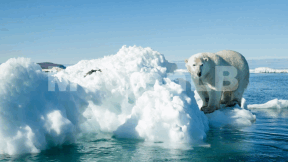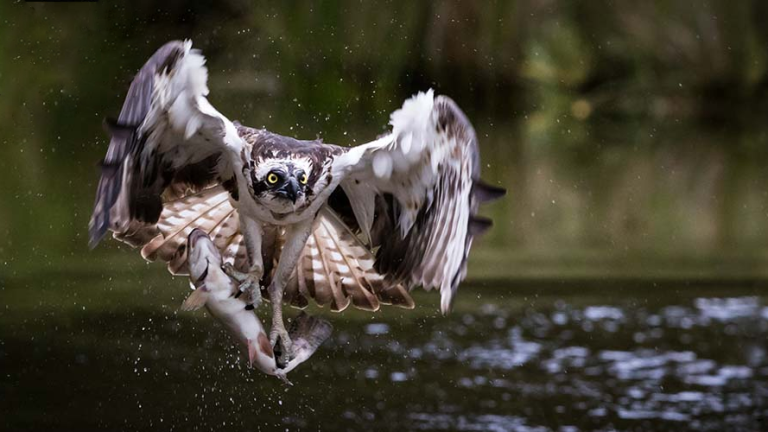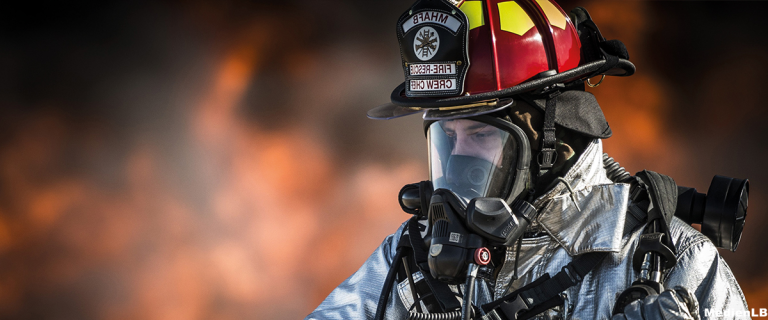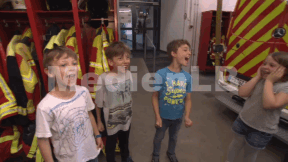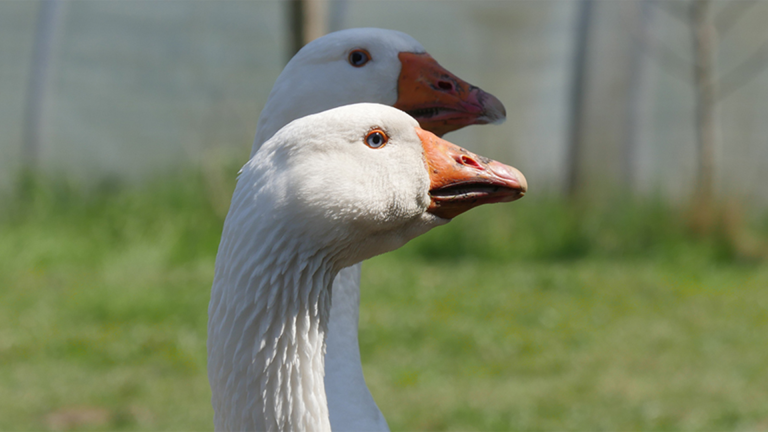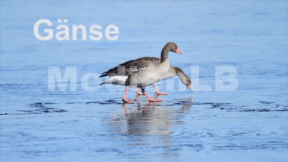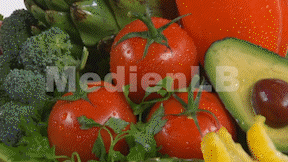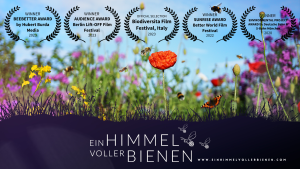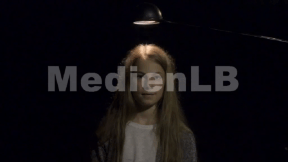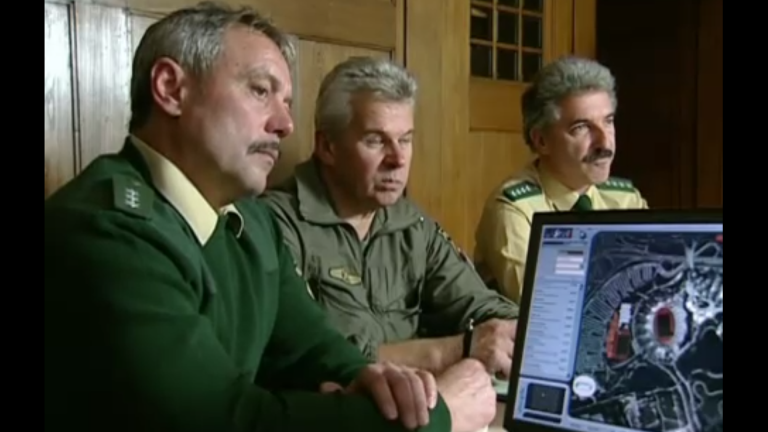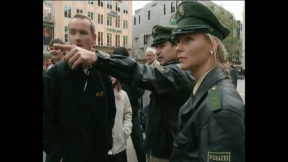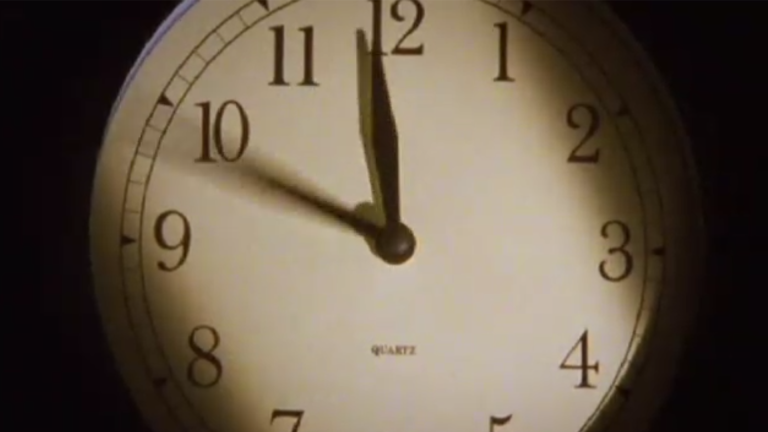Suche:
- # Artistry
- # Biology
- # Chemistry
- # Ecological
- # Economy
- # English
- # Foreign Language
- # Geography
- # German
- # Health
- # History
- # Informatik
- # Latin
- # Mathematics
- # Media Education
- # Music
- # Physics
- # Politics / Civics
- # Preschool
- # Primary School
- # Religion
- # Society
- # Sports
- # Technology
- # Training of Teachers
- # Vocational Education
Riparian Forest
A large area of Europe is covered by woodland. In Germany alone, the number of trees is estimated at about 90 billion at present. That means, in Germany there are more than 1,000 trees per inhabitant.
Learn moreThe Senses
This DVD shows how we humans use our five senses to get in touch with our environment. The primary school pupils learn in an easily understandable way about the specifics, the use and the sensitiveness of each sensory organ and receive methodically organised information on their structure, function and protection. In addition, the human sensory organs are compared to those of different animals to illustrate similarities and differences. The DVD puts emphasis on the following topics: “Senso- ry Perceptions”, “The Eyes”, “The Ears”, “The Nose”, “The Tongue” and “The Skin”. The DVD is made up of five didactic units that can be inde- pendently accessed via the DVD’s menu structure. Further, the menu includes additional pictures and diagrams. With a variety of worksheets, test questions and colour slides, the curricular contents of the DVD can be captured for a more de- tailed discussion of the topic of the senses in the classroom.
Learn moreOur Money
„Money makes the world go round.“ Today this proverb is more topical than ever and perfectly describes our dependence on the currency of money. This DVD is intended to contribute to an understanding of the phenomenon of money. In doing so, it first provides an overview of different world currencies with the main emphasis on our currency, the euro. The film shows that the European currency is not specific to a country but transnational. Common features as well as differences in the coins and notes are presented and illustrated. We accompany Jenny and Jakob during their day and learn how to compare, assess, count and calculate with sums of money. The DVD looks critically into the topic of borrowing. In addition, it demonstrates the advantages of saving up, explains the concept of interest and shows how to open an account. This DVD provides a good overview of handling money and calculating with it, describes its form and characteristics and is perfectly suited for lessons in both general knowledge and mathematics at primary school.
Learn moreSex Education
The creation of a new human being is a miracle. Children are interested in where they come from. They want to know how a baby gets into the mother’s womb, how it develops inside and is finally born. The film answers questions about fertilisation, pregnancy and birth. As an introduction similarities and differences of men and women are presented and explanations are provided about what role the male and female sexual organs play in procreation. Subsequently the topic of fertilisation is dealt with. The development of the fertilised egg cell into the embryo and finally the foetus is described. The pupils learn about the baby’s stage of development in any month of pregnancy. Then the progression of a birth is described. Eventually the film explains how the new-born baby must be cared for, what it needs and what it cannot do yet. Together with the extensive accompanying material the DVD is eminently suited for use in the classroom.
Learn moreUmweltretter
Unsere Umwelt ist in Gefahr, doch gibt es Möglichkeiten, sie zu retten und jeder kann seinen Teil dazu beitragen.
Learn moreGreifvögel
Greifvögel sind überwiegend fleischfressende Vögel, die ihre Beutetiere aus der Luft jagen und per Biss oder per Griff mit den Krallen töten.
Learn moreGeese
“They’re gabbling like geese”, “she’s such a stupid goose” or “silly goose”– those are commonly known sayings.
Learn moreIntolerances
We humans are so-called “omnivores“, that means we eat everything. We are not restricted in our diet. We tolerate meat, fish and vegetables, cereals and dairy products. Everything agrees with us.
Learn moreElectricity
How is the electricity generated with which we power our appliances in everyday life?
Learn morePolice
This DVD provides comprehensive information on the diffe- rent areas of police activity. The responsible job of police officers as well as their every- day duties are clearly described and shown in a way that is understandable to primary school pupils. “Police – In Action for Safety” offers a detailed insight into the cop-operation of all police forces and the technical means available to them, for instance when on duty in road traffic, at special or large events, when searching for persons, when solving crimes as well as on daily patrol duty. In exciting film clips, the pupils can directly experience what the life of a police officer is like. The comprehensive accompanying material complements the facts already learned and further includes many transfer tasks, language games and mathematical questions regarding police work.
Learn moreTime
Time governs our everyday life. We cannot touch, hear or see it but it is always there. One century ago, Albert Einstein proved that time is relative. It is an extremely subjective experience and a phenomenon that is difficult to grasp. The DVD explains the “time” phenomenon. It explains the limits to perception and visualises what is invisible to the human eye by means of slow motion and fast motion pictures.
Learn more



